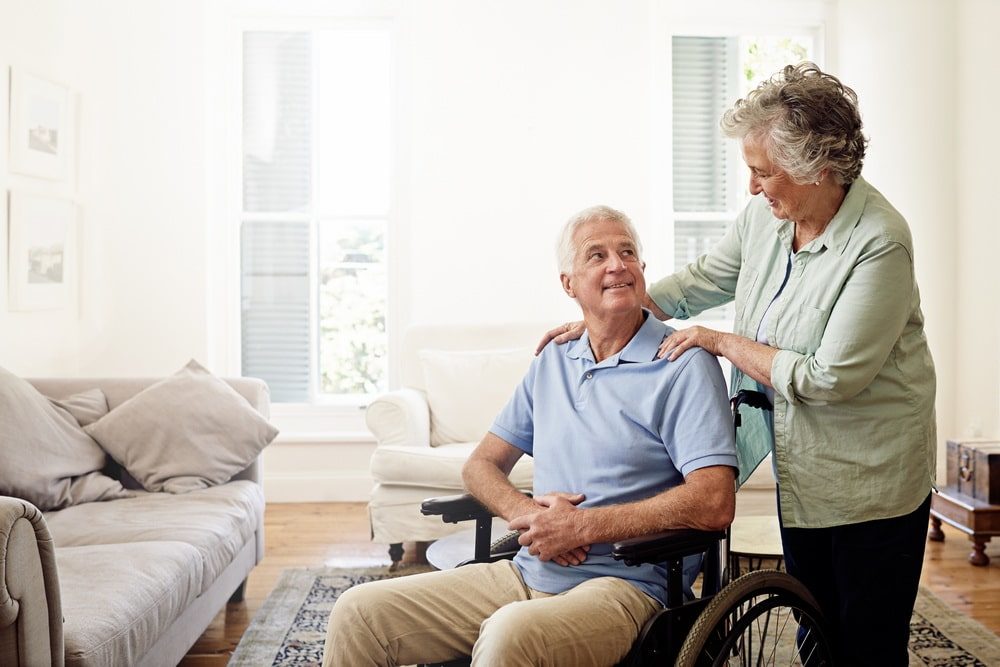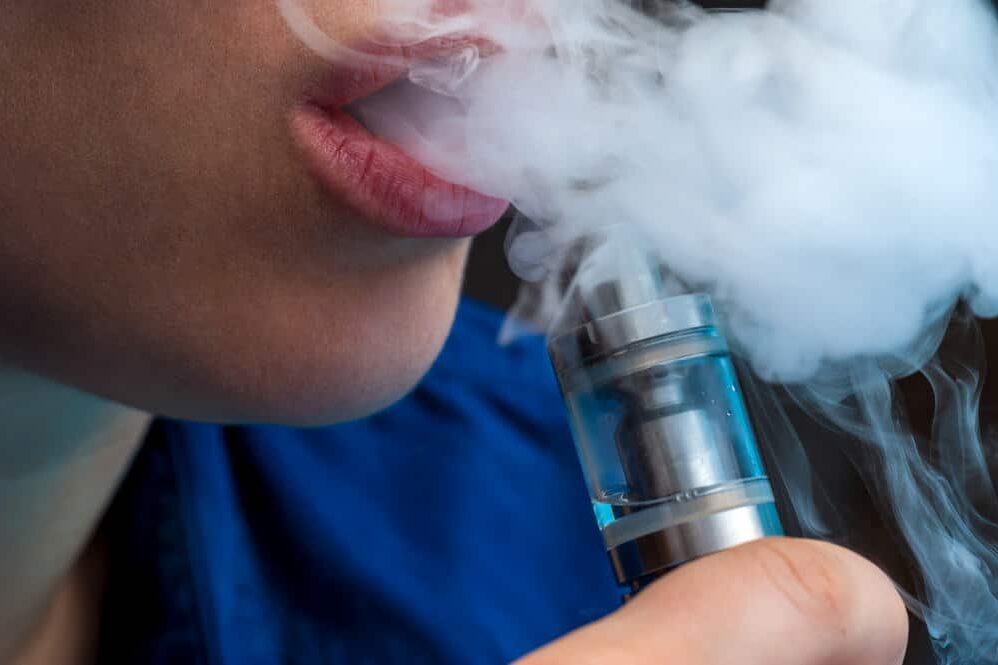My work has required me to research and write about medical cannabis for nearly 10 years. I am forced to take an outsider’s view, since I have never had occasion to use medical cannabis myself. But I often wonder whether I would choose medical cannabis over prescription painkillers if the choice ever presented itself.
How about you? What choice would you make if given the opportunity? The answer is probably easy for some people but very difficult for others. For me, it would depend on the prescription painkillers I was offered.
Cannabis Instead of Opioids
Utah has one of the most restrictive medical cannabis programs in the country. Their qualifying conditions list is not as extensive as some other states. Yet, a couple of years ago, state lawmakers surprised nearly everyone when they added acute pain to the list.
It’s believed the addition was made to accommodate patients anticipating surgery for which they would otherwise be prescribed opioids for pain relief. With acute pain added to the list, patients can opt for medical cannabis instead.
According to the Beehive Farmacy, a medical cannabis pharmacy with locations in Brigham City and Salt Lake City, patients anticipating acute pain can apply for a medical cannabis card ahead of time. If approved, they are given temporary access to medical cannabis during recovery.
The main caveat to Utah’s acute pain provision is that the prescribing doctor must acknowledge that opioids would otherwise be prescribed to the patient. Acute pain that would be treated any other way is technically not eligible for medical cannabis in Utah.
We Know Enough About Opioids
I stated earlier that my choice between medical cannabis and prescription painkillers would depend on the doctor’s recommendation. I would probably choose prescription NSAIDs over cannabis, for example. But if the doctor were preparing to write me an opioid prescription, I would choose medical cannabis instead.
We know enough about opioids to say they should be avoided. I know my tendencies as well. I also know people, some of whom are dear friends of mine, who ended up addicted to opioids after recovering from surgery. Many of these same people would never have taken opioids recreationally. But after receiving legitimate prescriptions, they found themselves in trouble.
I am not interested in that kind of risk. I understand that medical cannabis has a much lower risk of dependence. Everything I have read suggests it’s easier to stop using medical cannabis compared to opioids. So once recovery was complete, I could hopefully walk away.
Objections to Certain Medications
While I don’t personally have an issue with using medical cannabis to treat temporary acute pain, I do have friends who probably wouldn’t go down that road. They have personal objections to certain types of medications. I am okay with that. They should have the same healthcare choices I have.
The thing about medical cannabis is that it is still not settled – either scientifically or culturally. To propose otherwise is to be intellectually dishonest.
Yes, we are learning more about medical cannabis every day. And the more we learn, the more it is becoming apparent that cannabis has legitimate medical applications. But legitimate concerns still exist. Among those concerns is the growing idea that people can use cannabis with no physical or mental health risks.
Every drug comes with risks. There is no such thing as a harmless drug. Perhaps that’s why there are people who still will not choose medical cannabis over other drugs if given the chance. As for me, my decision would definitely depend on the alternatives. There are instances in which I would choose medical cannabis.



